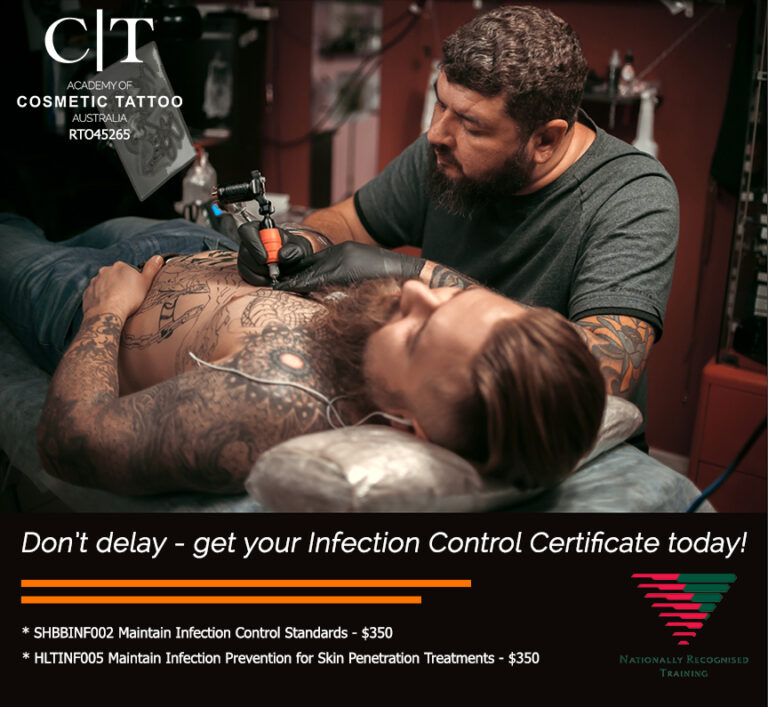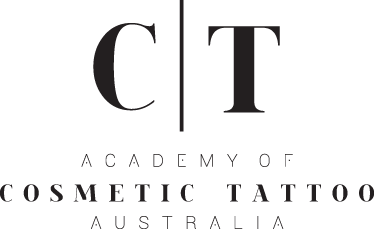Infection control is crucial for tattooists because it helps prevent the spread of infections and diseases among both the tattooists themselves and their clients. Tattooing involves breaking the skin, which creates an opportunity for pathogens such as bacteria, viruses, and fungi to enter the body and cause infections. Here are a few reasons why infection control is important in the context of tattooing:
- Client safety: Tattooists have a responsibility to ensure the safety and well-being of their clients. By following proper infection control practices, they minimize the risk of transmitting bloodborne pathogens like hepatitis B and C, HIV, and other infectious diseases from one client to another.
- Personal protection: Tattooists must protect themselves from potential infections. Blood and bodily fluids can contain pathogens that may pose a risk to the tattooist during the tattooing process. By adhering to infection control measures, such as wearing gloves, masks, and other personal protective equipment (PPE), they reduce their exposure to infectious agents.
- Compliance with regulations: Tattoo studios are subject to health and safety regulations enforced by local authorities. These regulations often include specific requirements for infection control practices, sterilization of equipment, and maintaining a clean and sanitary environment. By following these guidelines, tattooists ensure compliance and avoid legal issues or the closure of their businesses.
- Reputation and trust: Maintaining high standards of infection control enhances a tattooist’s reputation and helps build trust with clients. When people choose to get a tattoo, they expect a professional and safe environment. By demonstrating a commitment to infection control, tattooists show that they prioritize their clients’ well-being, which can lead to positive word-of-mouth and repeat business.
To ensure effective infection control, tattooists typically follow practices such as proper hand hygiene, disinfection of surfaces, sterilization of reusable equipment, using single-use needles and ink, disposing of hazardous waste appropriately, and maintaining a clean and sterile workspace. Regular training and staying updated on best practices are essential for tattooists to stay informed about the latest infection control techniques and maintain a safe environment for themselves and their clients.




